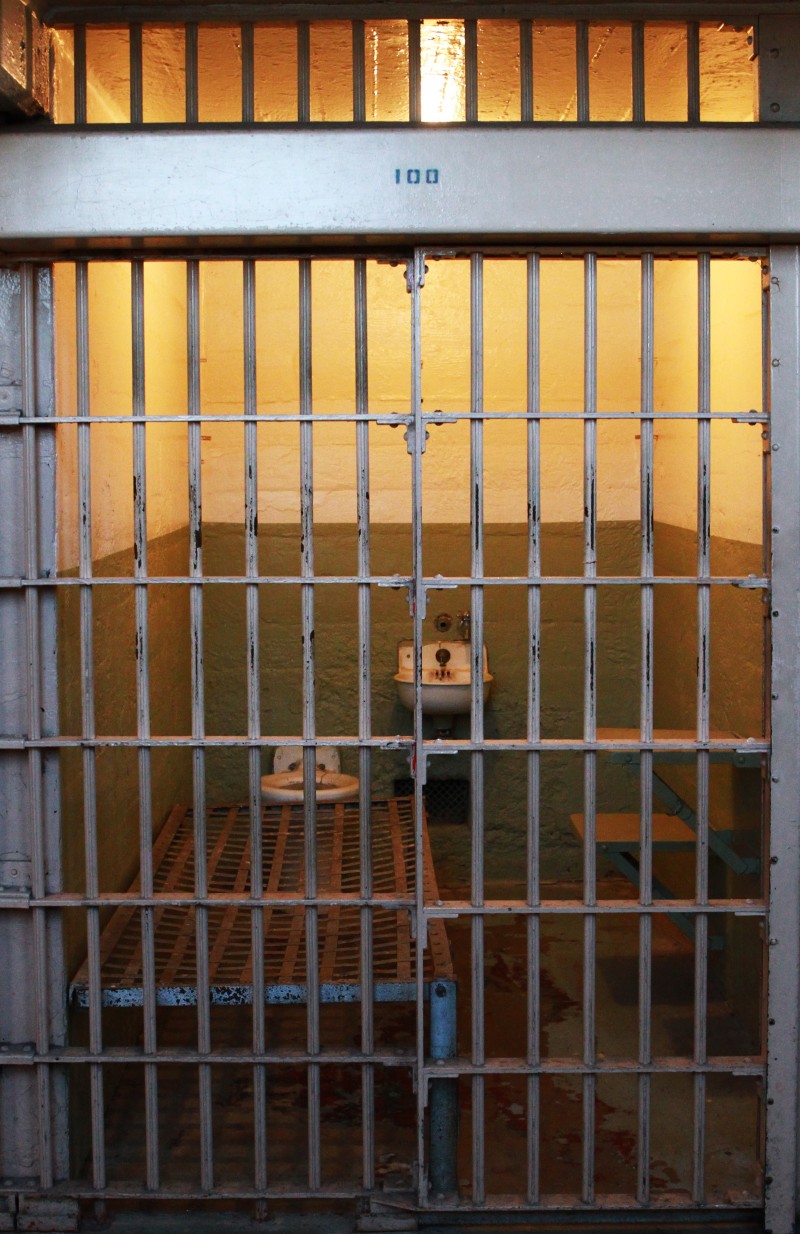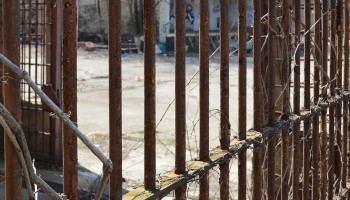It began with a trip for snacks.
One April evening in 2024, 19-year-old Yousef Eldaly left home to buy food for a family movie night. He never came back. Arrested on charges of joining a terrorist group, he vanished into Egypt’s detention system for two months before reappearing in custody.
Eldaly, who should have been starting his first year at university, has instead spent 16 months behind bars without trial. His relatives kept silent under warning, but last week his sister broke her silence on social media, citing his worsening mental state.
“Yousef is suicidal,” she wrote. “He’s not eating, he’s not sleeping.”
Yousef is among at least 158 people, including four minors, who have been arrested for protesting Israel’s attack on Palestinians, according to the Egyptian Initiative for Personal Rights (EIPR).
“All those detained in solidarity now face charges under the Anti-Terrorism Law,” a lawyer at EIPR told OCCRP on behalf of the organization..
The man in custody under allegations of leading the group Eldaly allegedly joined is an even more unlikely figure: 19-year-old university student Mohammed Walid, who suffers from severe physical disabilities and had never met Eldaly.
“He cannot even stand up on his own to open a door,” said his lawyer, Nabeh Elganadi.
Walid has a spinal cord defect, partial paralysis in his arm and foot, an enlarged skull, muscle atrophy, and a weakened heart and lungs. Despite this, police arrested him outside his university gates in April 2024 and charged him with leading and financing a terrorist organization. Photographs of him in a hospital bed sparked public disbelief.
Nevertheless, the Criminal Court extended last week the pretrial detention of Walid, El Daly, and other detainees held under case 2806/2024 for an additional 45 days, according to the Egyptian justice monitor Dfater Masr.
Another case, in 2019, targeted Oqba Alaa Labib Hashad, also disabled. Rights groups say he was abducted, disappeared for months, and tortured before facing fabricated charges. A U.N. Human Rights Council report details how he was hung naked from the ceiling, beaten, verbally abused, and electrocuted on his amputated leg and genitals. An officer allegedly dragged him by a rope tied around his neck.
Hashad’s torture was intended to pressure a relative — a prominent human rights lawyer now living abroad — to stop exposing abuses in Egyptian prisons, according to the report.
This “illustrates a deliberate pattern by Egyptian authorities of targeting persons with disabilities and relatives of human rights defenders as a form of reprisal,” said Usame Mehmetoglu, a spokesperson for the Geneva-based rights monitor Committee for Justice (CFJ).
But not only those with disabilities.
In 2020, Human Rights Watch (HRW) documented incidents of the arbitrary detention of teenagers and children as young as 12, without arrest warrants or due process for their alleged involvement in protests or political violence. The report documented human rights abuses, including torture, by Egypt’s security apparatus against 20 detained children nationwide; among them a 13-year-old girl named Nadine, who was arrested five times before turning 17.
Human rights monitors say the charges in such cases are part of a larger system of judicial abuse: unfair trials, years-long pretrial detention, and a practice known as “rotation,” where political prisoners are kept behind bars indefinitely by being recharged with similar offenses after acquittal, completion of a sentence or reaching the maximum legal period of pretrial detention.
Calling for an end to the practice, UN High Commissioner for Human Rights Volker Türk on Tuesday denounced the Egyptian government’s use of rotation to repress those perceived as critical of, or opposed to, its policies.
“Most of those targeted by ‘rotation’ should not have been detained or jailed in the first place – the charges brought against them are often related to the exercise of their legitimate rights to freedom of expression and peaceful assembly,” said Türk.
With seemingly no court proceedings in sight, Walid, El Daly, and the dozens of others arrested in the case could face the same fate as many before them: indefinite detention without access to a fair trial.
Like Marwa Arafa, a 32-year-old translator and activist who was arrested at her home in April 2020 and has since been held in pretrial detention, “in a clear violation of Egyptian and international law,” human rights group Women Journalists Without Chains (WJWC) said in a statement on Wednesday calling for her release.
In mid-August, Arafa suffered a serious health condition and was taken to a hospital, only to be returned to her cell the next day, according to her family, who learned of the incident during a prison visit.
As of June 2025, more than 60,000 political prisoners remain in detention in Egypt, including women, children, journalists and human rights defenders, many held without trial or on vague charges, according to a report by WJWC.
Pressure for international scrutiny is mounting after three detainees died in separate facilities last month. CFJ has documented 1,321 deaths in Egyptian custody since July 2013, including 14 this month alone, with a total of 39 reported since the start of 2025.
One of the victims was 50-year-old accountant Moharam Ali, who allegedly died last week just hours after his arrest. He had been detained at his home on August 19 and his family received his body the following day, according to the London-based rights organization El Shehab for Human Rights.
Mehmetoglu said many of the deaths appear to be politically motivated, particularly among those “perceived as critics of the state.” The pattern, he added, suggests “that some deaths may result from deliberate mistreatment, torture, or medical neglect used as a form of violence or intimidation.”
“The rising frequency of deaths in detention is more than just institutional neglect,” he said. “It reflects an entrenched system of punitive governance inside Egypt’s prisons.”






